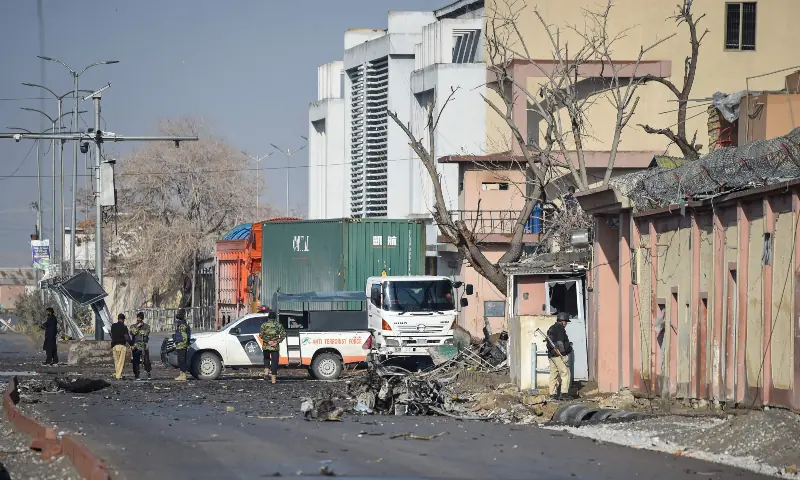The recent public appearances of Indian Army Chief General Upendra Dwivedi at prominent Hindu religious sites—most notably the Kedarnath Temple and Ram Bhadrāchārya’s ashram—while in uniform, have triggered an important debate about the role of faith within military institutions in democratic states. These developments, while not unprecedented, hold particular significance in the context of India’s constitutional secularism and its complex socio-religious landscape.
At the heart of the matter lies a strategic question: How do public religious acts by senior military leadership shape perceptions of institutional neutrality, both domestically and internationally?
The Uniform and the Optics of State Power
In any democracy, the military is expected to maintain political and religious neutrality. While personal belief remains a protected right, symbolic acts—especially when performed in uniform and covered by national media—tend to carry institutional weight.
General Dwivedi’s visits to Hindu religious sites were conducted not in a personal capacity but as public events, reinforced by his uniform, entourage, and strategic location choices. In the context of a pluralistic society, such optics inevitably raise questions: Is this an assertion of individual faith, or does it reflect a larger convergence between military symbolism and ideological narratives within the Indian state?
Civil-Military Balance and Strategic Signaling
India’s military has unfortunately traditionally enjoyed a reputation for professionalism and secular discipline. However, under the current political dispensation—shaped by the ideological influence of the Rashtriya Swayamsevak Sangh (RSS) and the Bharatiya Janata Party (BJP)—civil-military boundaries are becoming increasingly porous, at least in terms of public messaging.
The Army Chief’s religious appearances may serve multiple domestic purposes: reinforcing cultural nationalism, aligning with majoritarian sentiments, or building personal capital in political and bureaucratic circles. Yet from a strategic standpoint, they also blur the distinction between the military as a neutral state organ and as a participant in the state’s broader ideological trajectory.
State’s Majoritarian Outlook and Regional Innuendo
For India’s religious minorities—Muslims, Christians, Sikhs, and others—such gestures may be interpreted less as inclusive and more as a quiet reaffirmation of majoritarian priorities. In volatile regions like Kashmir or the Northeast, where perceptions of state bias are already acute, the symbolism of religiously aligned military leadership may further complicate trust-building and conflict management.
From a regional lens, these developments are being closely watched in Islamabad, Dhaka, and even Beijing. As India positions itself as a regional security provider and democratic counterweight in the Indo-Pacific, the internal coherence of its secular institutions becomes a key credibility factor. If the armed forces are seen to be aligning with a specific religious identity, it could impact India’s diplomatic posture and its ability to lead diverse coalitions.
A Strategic Moment of Introspection
This is not an isolated Indian dilemma. Throughout South Asia, where religion and politics often intersect, militaries must carefully navigate questions of identity and allegiance. For India, a state constitutionally committed to secularism, the strategic value of preserving that commitment within its military institutions is both symbolic and operational.
India’s military leadership should do well to maintain a careful balance between personal belief and institutional representation—especially in a regional environment where religious polarization can quickly escalate into strategic tension.






